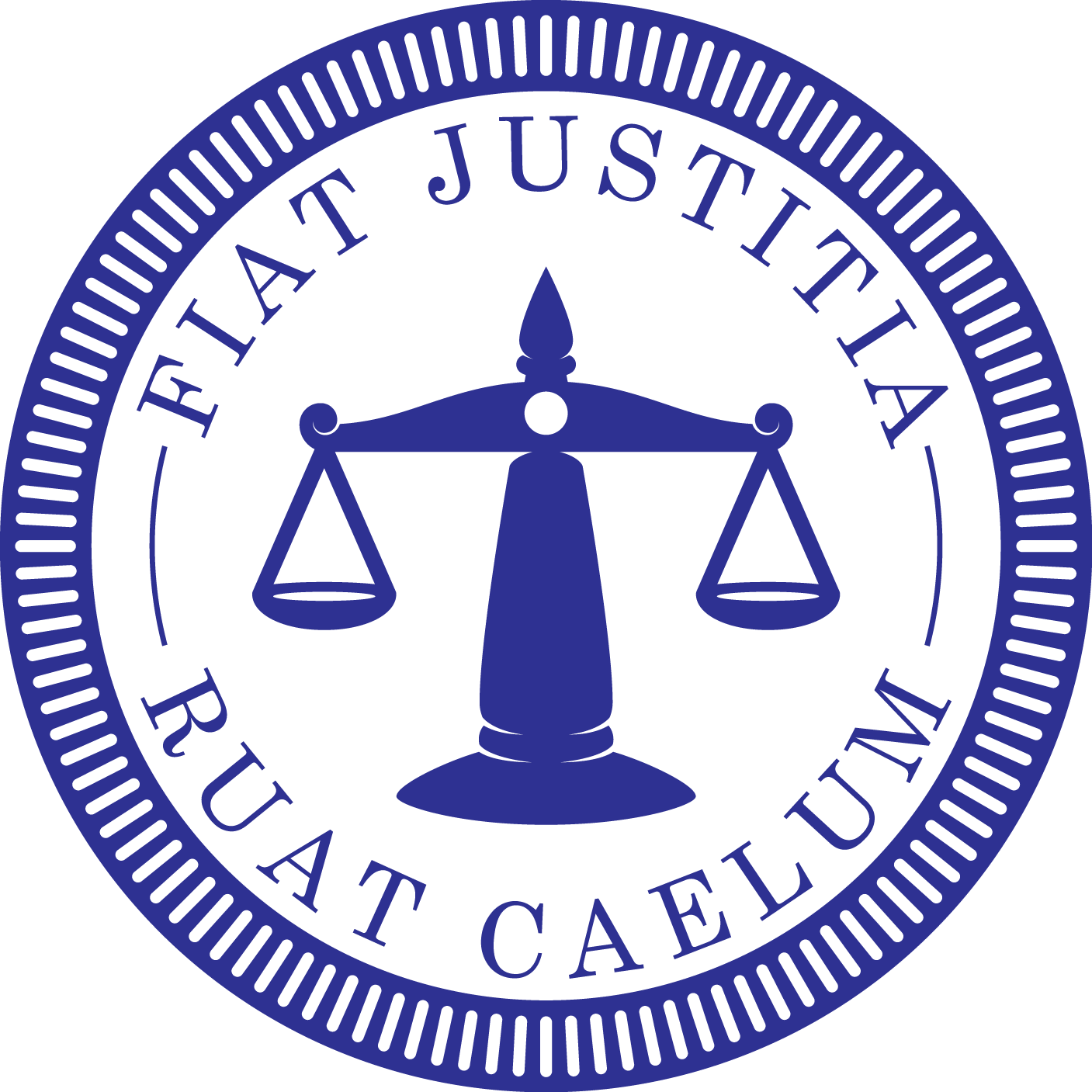Iqbal and Bernie Madoff – A “What If” Scenario
In 1957, the U.S. Supreme Court decided Conley v. Gibson, a case which explained how much detail a plaintiff had to plead in his or her complaint in order to survive a motion to dismiss by the defendant. Conley held that a court should only grant a certain type of a motion to dismiss if there were no set of facts that the plaintiff could prove which would entitle him or her to relief.
As you would imagine, this was a pretty low hurdle. And it was the law up until either 2007, or 2009, depending upon your views. In 2007, the Supreme Court decided Bell Atlantic v. Twombley, and in 2009 it decided Ashcroft v. Iqbal. Those cases raised the standard to one of plausibility; a plaintiff now has to plead enough facts to state a claim that is “plausible on its face.”
The problem here is twofold. First, what is plausible to one judge may not be plausible to another. The Court therefore replaced an objective rule with a subjective rule that leads us further from John Adams’ vision of a nation of laws, not of men. Second, much of the information needed to author a complaint that is plausible on its face may not be available until discovery has commenced. Because a motion to dismiss can be granted before discovery occurs, this may throw out lawsuits that would otherwise be good. Especially lawsuits in which the defendant hides or conceals information.
Which brings me to the title of this post.
Assuming that Madoff’s empire was still afloat today, one has to wonder if under the new pleading standard, a lawsuit against Bernie Madoff would be dismissed for being implausible. Many judges would find it implausible that one of the most respected men on Wall Street built a multi-billion dollar Ponzi scheme over the course of several decades without ever being caught by the Feds.
Maybe it would. I haven’t given this much thought; it came to me in the car on the way to class and writing this blog post is far more interesting than discussing the Lemon test.
For a much more detailed discussion of pleading standards and what they mean in financial cases, check out The Iqbal Case and Damages Actions under the Federal Securities Laws.

